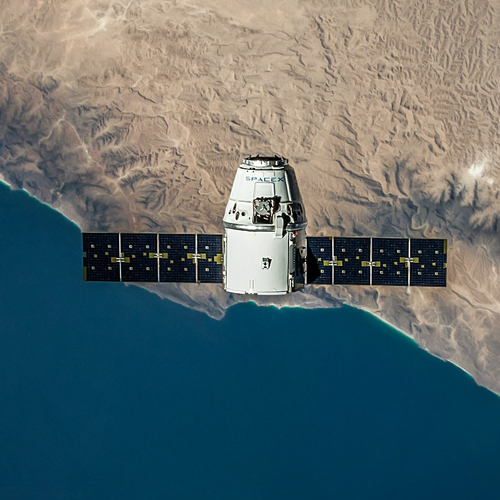GPYes Holdet is a high-performance, dependable 4G/GPS trailer tracking device developed for asset GPS locating and theft recovery.
The Holdet can be set to report location on a regular basis while still giving up to 3 years of battery life.
There are no external wires on the Holdet because it includes a built-in GPS antenna.
Heat, dust, and water are all protected by the ideal design and IPX7 grade housing.
This trailer tracker is appropriate for non-powered assets or assets that just require a small amount of battery power. It can be utilized on procurement stock due to its modest size.
Like any battery powered device, the higher rate of uploads required, the more battery life that is used.
Benefits of this device
- End-to-end visibility into the location of trailers as well as the condition of their contents.
- Drivers can use a mobile app to post their ETAs and keep connected.
- Long life battery
- Geofence Warnings
- Strong magnets for easy mounting and installation
- Alerts for Unauthorized Movement
- Fleet management
- Rechargable battery
How tracking can benefit your fleet
There are 5 ways that GPS trailer tracking might help your fleet.
Your fleet’s efficiency and operating expenses can be improved by using GPS tracking for trailers.
While the numerous advantages of GPS trailer tracking vary depending on your fleet’s needs, these are some of the most typical advantages the technology can give
Recognize where you are in real time.
As the number of trailers on the road continues to exceed trucks three to one, fleets are increasingly relying on GPS trailer tracking as an additional layer of visibility.
With roughly six million trailers in use in the United States alone, trailer tracking systems offer a simple and effective solution to find and track these valuable assets.
The Global Positioning System (GPS) is used by these devices to determine and track the location of a carrier, which can be a vehicle, a person, or an object.
The Global Navigation Satellite System (GNSS) network, which provides signals to GPS devices, is used by a GPS tracking system to do this.
When dealing with partners, maintain visibility.
While GPS trailer tracking is a terrific way to keep track of your own trailers, what happens if you outsource some of your hauling to independent owner-operators?
If the hired trucks do not have vehicle monitoring, this can be difficult to navigate.
In the event that a contractor does not have vehicle tracking software or collaborates with a different supplier, fleets can simply use their own GPS trailer tracking system as a stand-in.
Customers and employees will be able to see each other at all times.
Safeguard valuable assets
While some GPS trailer monitoring systems provide fleets with real-time position information, you may wish to be notified only at predetermined intervals through ping.
This level of visibility is typically sufficient, especially for a trailer or asset that is not powered.
However, in some cases, such as theft or unauthorised use, it’s critical to locate a trailer as soon as possible.
Geofence warnings might be extremely useful in this situation for your fleet.
You can use geofences to create a virtual perimeter around an area that you don’t want the trailer to leave, such as a yard or a job site.
You can set up alerts to be notified whenever a trailer crosses that virtual barrier.
Asset scheduling optimization
When you have a large crew running a variety of trucks and trailers across several job sites, managing many trailers can be difficult.
If you rent or lease a portion of your fleet, this can be especially difficult. While spreadsheets can assist in documenting in the short term, they are difficult to use to gain insights about utilisation or allocation.
You can quickly monitor which trailers are working certain jobs and make schedules for your leased assets with GPS trailer tracking. This ensures that you never underutilize assets or double-book machines that you require.


